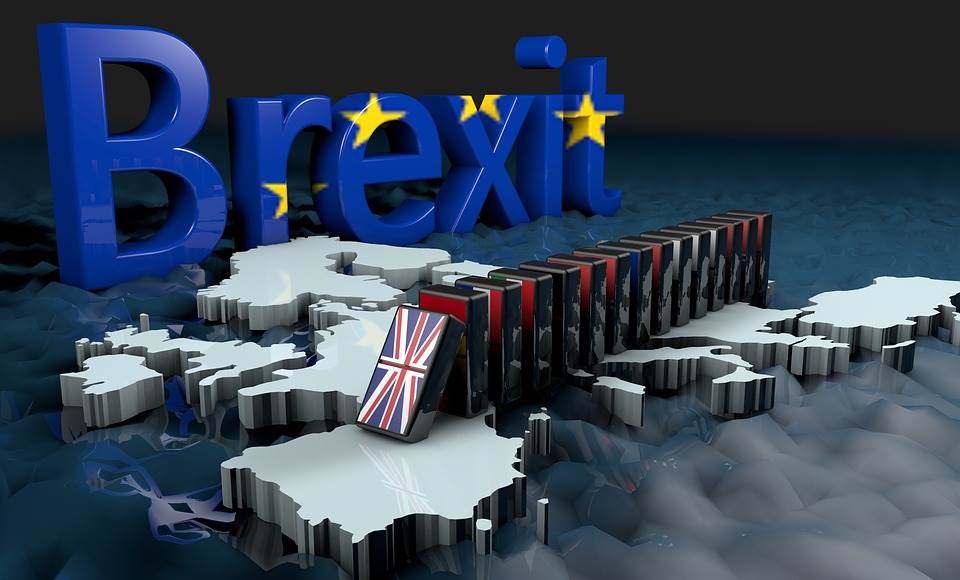Brexit negotiators meet again on Monday in a bid to reach a deal allowing Britain to leave the European Union with a deal at the end of this month. Ireland announced that Brexit deal might be possible in the coming days, after technical teams from Britain and the EU worked over the weekend. Discussions focused on the difficult issue of future border arrangements between EU member Ireland and Northern Ireland, which is part of the UK.
"The more we say what we have said now, the better," Irish Foreign Minister Simon Coffini said on arrival in Luxembourg. Despite his reservation, Coffini said, “The deal is possible, and this is possible this month. It might be possible this week. But we haven't agreed yet. ”
Coffini insisted that it was necessary to give negotiators enough time to overcome the remaining difficulties. "There is still a lot of work to be done," he said.
As negotiators continue talks in Brussels, Queen Elizabeth is scheduled to deliver a speech outlining Prime Minister Boris Johnson's government program. EU leaders, including Johnson, will meet on Thursday and Friday to see if an agreement can be reached before the Brexit deadline of October 31. 
The challenge of maintaining invisible borders - which supports both the local economy and the region's peace deal - has dominated Brexit discussions for three years since voters in the UK chose in 2016 to leave the EU.
Negotiations intensified last week after Johnson and Irish Prime Minister Leo Faradkar said they could see a "road" to a Brexit deal that would avoid a chaotic Brexit, something economists say would hurt both the UK and EU economies. If the Brexit deal is reached, approval by the British and European parliaments is still needed. Many British lawmakers - on both sides, in favor of Brexit and pro-EU - remain firm on their positions.
Opposition Labor Party leader Jeremy Corbyn said on Sunday his party was unlikely to back any deal agreed by Johnson.
